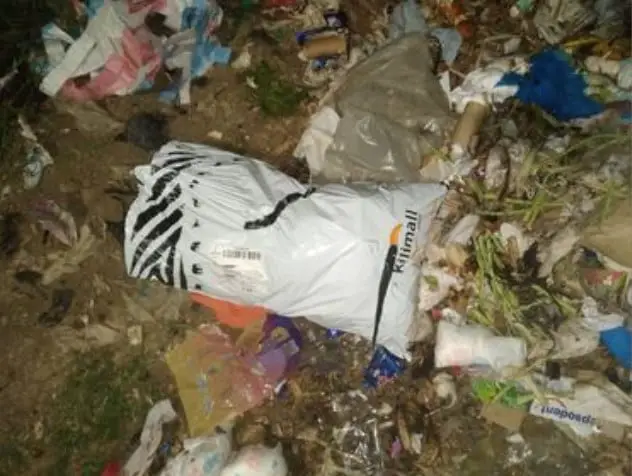
A conservation nightmare looms in Kenya with plastic bags slowly creeping back to pollute the environment, water bodies thus interfering with vegetation, human, marine and aquatic life.
Kenya implemented a total ban on single-use plastic bags four years ago, a move celebrated by environmentalists around the world and one that reflects a growing global trend to ban the disposable products.
The ban, on flimsy single use flat bags, shopping carrier bags and other non-essential flat bags, was necessitated by environmental pollution arising from inadequacies in plastic waste management.
With the government threatening large fines and even prison sentences for violators, the effects were immediately noticeable and plastic bag litter reduced substantially.
However, while the ban has largely been considered a success, plastic bags have not entirely disappeared.
In certain regions, they are still being smuggled into the country.
That is why in most cities and major towns, people still walk around confidently holding items wrapped in plastic bags.
Sugar is wrapped in polythene bags, loaves of bread are wrapped in plastic bags.
Garbage collectors supply residents with polythene bags while estates dry cleaners put laundry in polythene bags.
Online shopping malls, like Kilimall and Jumia, deliver their products wrapped in polythene bags.
So, what exactly was banned?
The National Environment Management Authority (Nema) must do something to tame these rogue companies!
Plastic bags endanger our environmental and cause untold suffering to plants, animals and human beings.

















































